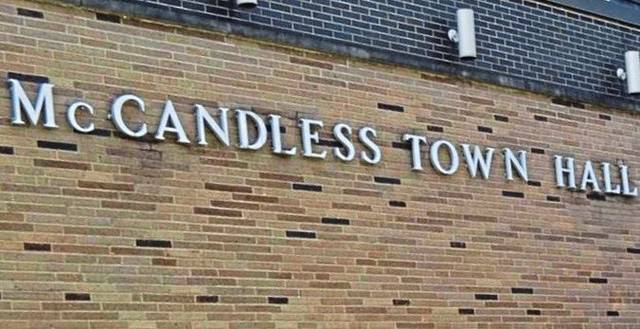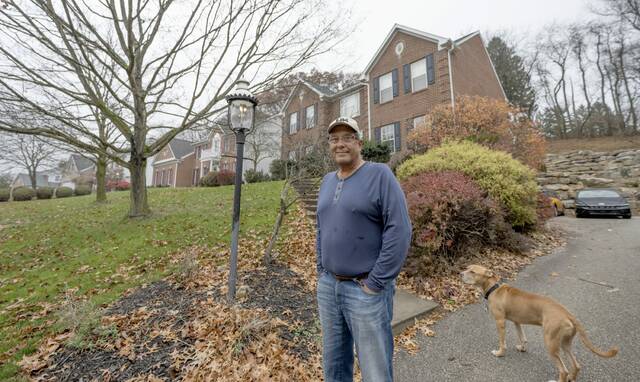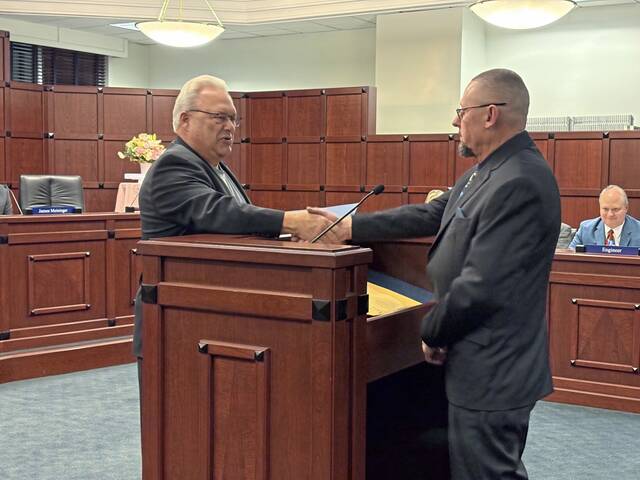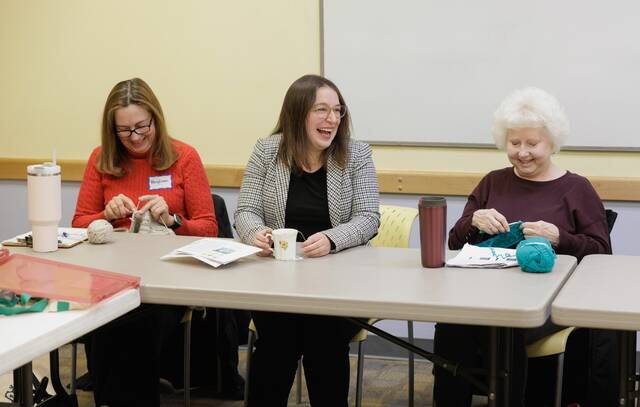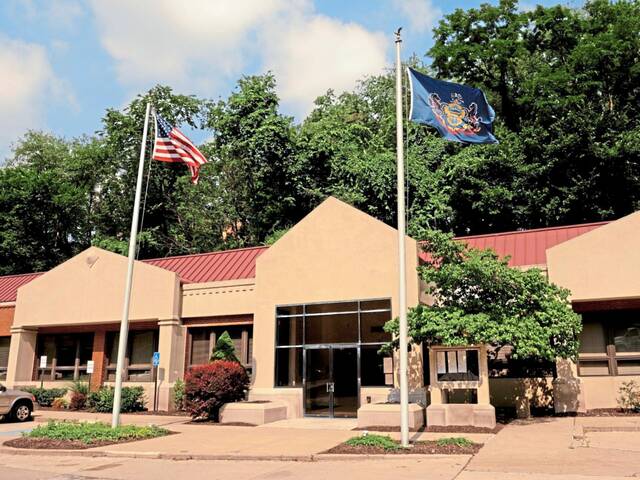McCandless council has nixed a proposal to ask voters to decide whether term limits and other changes affecting council should be imposed.
The decision not to move forward with the reforms was made following a lengthy discussion during the Oct. 12 council meeting because some members of council felt the time involved – and the $6,500 to $8,000 estimated cost of getting the measures on the ballot – was unnecessary at a time when the town faces other, more pressing needs.
In August, council gave Ward 5 Councilwoman Angela Woods the nod to explore whether the town’s home rule charters should be amended to limit the number of four-year terms a person can serve on council.
Woods also looked into council reforms that would eliminate the political affiliation requirement for residents applying to fill a vacant council seat.
A provision also could be added to the charter requiring council appointees to run for the seat in the next municipal election after taking office.
To enact any of the changes Woods outlined, the town’s home rule charter would have to be amended by putting the questions to the voters.
During the discussion, council members conducted a straw poll after each of the three recommendations were outlined to decide if the measure should be included in future charter discussions.
Woods’ initial suggestion called for two, four-year terms on council or a maximum of 10 years, but said she was open to setting different limits.
She was joined by council members Trish Cloonan, David Smith, Shelly Sponholz and Mike Tarle in the straw vote to support term limits — but not necessarily just two terms.
“I appreciate the idea of term limits,” Cloonan said. “But I think two (terms) is too limiting. Sometimes things take a long time. I would like to see three (terms) if we are going to continue talking about this.”
Sponholz agreed that two terms aren’t enough.
“I don’t want to overlook the value of experience,” she said. “I think there’s a real benefit to the town with longevity. Maybe not 40 years. But a change is good.”
Tarle raised concerns that imposing term limits could cause problems if no candidates seek the position once a council member’s time is up.
Council president Kim Zachary questioned Woods about the value of imposing term limits.
“What are you trying to accomplish?” she asked.
Woods said it is an effort to build a “government of the people by getting them involved in the process.”
“We have an engaged community here,” she said. “This forces us to reach out and try to get more people involved.”
Woods said term limits also could eliminate “some of the contentiousness of elections” because running against an incumbent often requires having to “carry the banner of wanting change, which some people are uncomfortable with.”
Zachary said she “doesn’t like the idea of taking choices away from citizens.”
“If they decide they want to keep the same person, they should be allowed to do that,” she said. “If they don’t like you or don’t want you, you will be voted out.
“It doesn’t seem fair that if constituents want to keep someone, that option is taken from them. It limits their choice when you say you can’t vote for this person because they’ve been there too long,” Zachary said.
A second proposal to requiring that a person appointed to fill an unexpired term on council run for the seat in the first municipal election after being sworn in failed to get enough votes in the straw poll to move forward.
Woods said if the change was approved it would take the power out of council’s hands and put it back in the voters’ hands to allow the people in that ward to decide who their representative should be.
Only Woods, Smith and Cloonan voted to move the measure forward.
Zachary said imposing the so-called run-for-the-seat measure could create problems for appointments made during a year when a municipal election is scheduled.
“How do you meet the deadlines to get on the ballot?” she asked. “They would have to run in the primary unless they are doing a write-in (campaign).”
Zachary worried about creating a situation in which a seat is left vacant because there is insufficient time for an appointee to mount a campaign.
“I don’t like leaving seats vacant,” she said. “It just allows for a three-to-three stalemate a lot of the time on some tough issues.”
While a number of council members supported portions of the reform measures, the cost and time involved in pursuing them prompted the decision to put a hold on the process.
“With everything that is going on in the town, all the things we need to do to keep the things running … is it necessary for council to be spending time on this or should we be spending our time on things we need to get done today?” Sponholz asked.
By the time the discussion concluded, only Woods and Smith voted to proceed with discussions on any of the proposed measures.
They both dismissed the idea that council will have more time in the future to address the measures.
“I don’t see a time when council is not busy,” she said.
Smith agreed.
“There’s never going to be a good time (to discuss the proposals),” he said. “There will always be things that are more important. I prefer that we continue to discuss this.”


